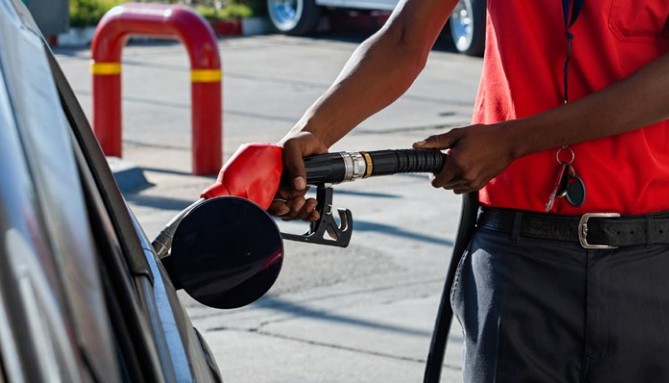MPs want the Government to offer Kshs 15 Billion to fund the Fuel Subsidy programme

Kenyans can now smile as the Legislatures have moved to forestall a looming economic crisis by adding the Ministry of Petroleum and Mining Kshs 15 billion to fund the fuel subsidy programme.
The skyrocketing fuel prices always lead to hiked prices of basic commodities hence tough times for Kenyans.
Fuel prices are reviewed every 15th of the month. On 7th June, the National Assembly considered the second supplementary budget.
The Budget and Appropriations Committee added the amount allocated for fuel subsidy to Kshs 5.1 billion, bringing the cumulative figure to Kshs 20.5 billion. This aims to thwart fuel prices from hiking beyond levels that would worsen inflation.
This comes after the fuel subsidy had been cut down by 84 per cent, or by Kshs 26.7 billion, for the year starting July. This would have led to high prices of petrol and other commodities hence a political headache for the next government after the August polls.
On Tuesday, the Budget and Appropriations Committee Chairman Kanini Kega said the move was meant to cushion Kenyans against the high cost of living.
The Budget Committee of the National Assembly had earlier warned that the Kshs 5 billion would be depleted by September, fueling fears of a spike in the cost of diesel, super diesel, and kerosene.
The reduced allocation would have led to an increase in fuel prices in an environment where global crude costs are projected to close the year at $104 per barrel.
According to the Azimio la Umoja’s Manifesto, once they assume office, they have promised to review the taxes and levies on petroleum products. This is meant to make petroleum and related commodities affordable.
Further, they said that their government recognises access to clean, affordable, reliable, sustainable, and modern energy sources as a prerequisite for human and economic development.
Taxes on fuel constitute up to 41 per cent of the cost, with a litre of petrol going for Kshs 150.12, constituting Kshs 61.87 in taxes and levies, while a litre of diesel costs Kshs 131 having Kshs 50.32 in taxes and levies. The fuel subsidy programme was introduced last April when fuel prices soared globally.
Funding for the program is raised through the Petroleum Development Levy, where consumers pay Kshs 5.40 per litre of petrol they buy at the pump after increasing from Kshs 0.40 per litre last year.
While current fuel prices in Nairobi are Kshs 150.12 for petrol and Kshs 131 for diesel, without the subsidy, consumers would be paying up to Kshs176 per litre of petrol and Kshs 175 for diesel, thus absorbing between 15 and 25 per cent of price shocks to protect consumers.
The Petroleum Products (Taxes and Levies) (Amendment) Bill 2021 was tabled before the National Assembly for its first reading in November 2021. The Bill, passed as a motion in the House last year and later developed into a Bill, sought to propose a reduction in the levy. This is charged at Kshs 5.4 on petrol and Kshs 2.9 for diesel after revoking the Petroleum Development Levy Order, 2020, and amending the Petroleum Development Fund Act, 1991, to provide the amount that will be charged for the levy.
The legislatures have also proposed a reduction of VAT on cooking gas. Refilling a 13kg gas cylinder hiked to Kshs 3,340 from the previous price of Kshs 3,113, which increases over Kshs 200. Pricing of cooking gas is unregulated in Kenya, with major private firm importers of cooking gas having the upper hand in dictating prices.
The National Assembly has not debated the proposals in the Bill. It’s waiting for the House Business Committee to schedule the date for the debate to commence, as the Finance Committee in the National Assembly has already gathered and submitted its findings on the same.

